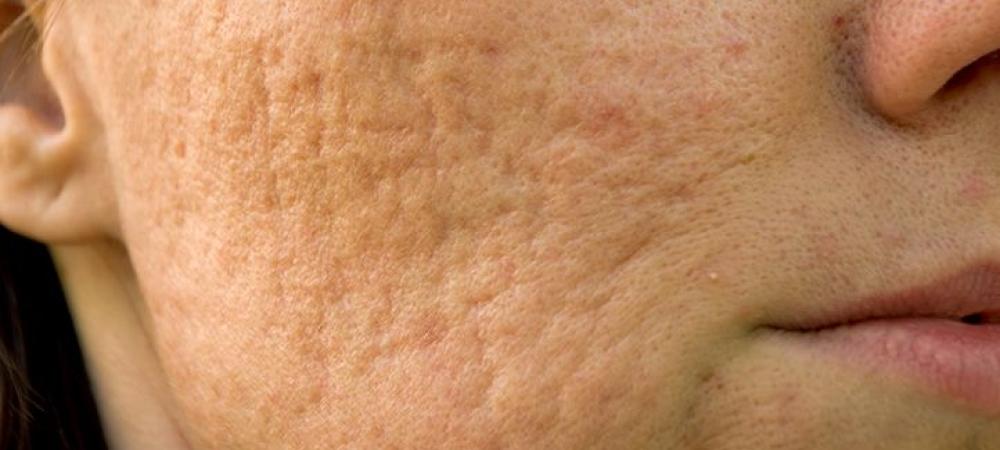
Acne treatments
Using a combination of creams, skincare, diet, and chemical peels 90% of acne can be treated without the need for antibiotic tablets or Isotretinoin. This includes treating teenage acne, cystic acne, hormonal acne, truncal acne, and blackheads.
Important facts on acne treatments-
- Treating acne early is important to prevent scarring
- Dermatologists have a variety of ways to effectively treat your acne, including creams, diet, peels, low-level laser light
- The cause of acne is often due to many factors including genes, diet, stress as well as the type of skincare and makeup you are using
- High-level treatments such as Isotretinoin are indicated only if you fail other treatments, or if you have cystic acne
- Micro-needling RF or RadioFrequency treatments incorporated into acne treatments can markedly decrease scars, including the use of Lasers
- Treating acne early with effective acne management and scar prevention plan can reduce acne scarring
Why do I have acne?
We now understand that there is no single cause of acne, but a multitude of different factors that contributes to this condition. The most important factors are genetics, followed by hormones, stress, diet, and skincare. All of these factors can cause bacteria to multiply, pores to block, and oil to form. This results in acne.
Acne can be mild and non-scarring, such as blackheads and whiteheads, or extreme and scarring. In 90% of cases, acne can be managed with BHA or AHA peels, light therapy, correct skincare, diet, and combination treatments..
Extreme acne includes cystic acne and extensive truncal acne. These forms of acne are treated by dermatologist with a tablets.
What is the very first step in treating acne?
The ABSOLUTE first step is to ensure that you are using the correct products on your skin- namely a suitable cleanser, moisturizer, and active ingredients to help exfoliate blackheads and reduce oil production. Diet is another contributing factor in some cases of acne. Reducing sugar and dairy intake may help some patients.
The majority of acne patients will not need to be on prescription tablets. Most cases of acne and oily skin can be treated with over-the-counter acne skincare. We can guide you through a process of chemical peels, lasers and products for acne prone skin.
What types of chemical peels can help with acne?
Chemical peels are aimed at exfoliation and decreasing inflammation. They are an excellent method of treatment for blackhead and whitehead acne, and to reduce oil and congestion. At the acne clinic, we have a huge selection of peels. We will customize a peel based on your acne type and your skin sensitivity. In most cases, one peel can remove as much as 80% of blackheads.
Can lasers help cure acne?
Laser treatment for acne-Laser can be extremely useful to treat many types of acne including blackhead acne, whitehead acne, papular and pustular acne as well as hormonal acne. We use what is known as carbon laser peel to treat acne. A thin layer of carbon and Hyaluronic Acid is placed on your skin. This carbon is absorbed by your oil glands and acts as a target for the laser. This causes a photoacoustic effect, in turn killing the bacteria that causes acne.
Can acne and acne scars be treated at the same time?
Yes. Concurrent treatment of acne and early acne scars is the best method. Why? Because early acne scars are much easier to treat compared to late scars. Early acne scars respond better to treatment, additionally, patients will have little or no downtime with the Carbon Laser Peel.
